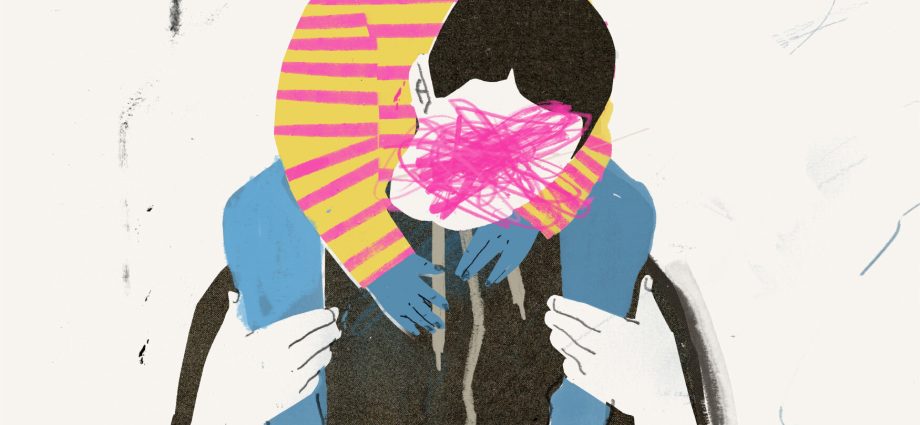According to the World Health Organization, 10 to 20% of women experience postpartum depression. If we transfer these figures to Russia, it turns out that about 100-150 thousand women suffer from this form of depressive disorder — the population of an entire city like Elektrostal or Pyatigorsk!
Types
According to the observations of an obstetrician-gynecologist of the highest category, deputy chief physician for medical work at INVITRO-Rostov-on-Don, Ilona Dovgal, postpartum depression in Russian women can be of two types: early and late.
“Early postpartum depression occurs in the first days or weeks after childbirth and usually lasts about a month, and late postpartum depression appears 30-35 days after childbirth and can last from 3-4 months to a year,” the expert notes.
Symptoms
According to Ilona Dovgal, the following signs should serve as a reason to see a doctor for a young mother:
lack of response to positive emotions,
unwillingness to communicate with the child and loved ones,
a feeling of uselessness and guilt in all the negative events that occur in the family,
severe psychomotor retardation,
constant restlessness.
In addition, often with postpartum depression, libido drops, increased fatigue is observed, up to fatigue when getting up in the morning and after minimal physical exertion.
However, the duration of the manifestation of these symptoms is also important: “If such conditions do not disappear within 2-3 days, you should also consult a doctor,” the doctor says.
How to avoid postpartum depression?
“If relatives and friends pay enough attention to a woman after discharge from the hospital, help her and give her the opportunity to rest, then postpartum depression can be avoided. In addition, it is necessary to give a woman the opportunity to receive positive emotions not only from communicating with a child, but also from those areas of life that she was used to before pregnancy, ”Ilona Dovgal is convinced.
By the way, according to European statistics, signs of postpartum depression are observed and in 10–12% of fathers, that is, almost as often as in mothers. This is due to the fact that the family is a system of relations, the participants of which influence each other. Research shows that women who avoid postpartum depression receive stable emotional support from their spouse. This rule is also true for men.










